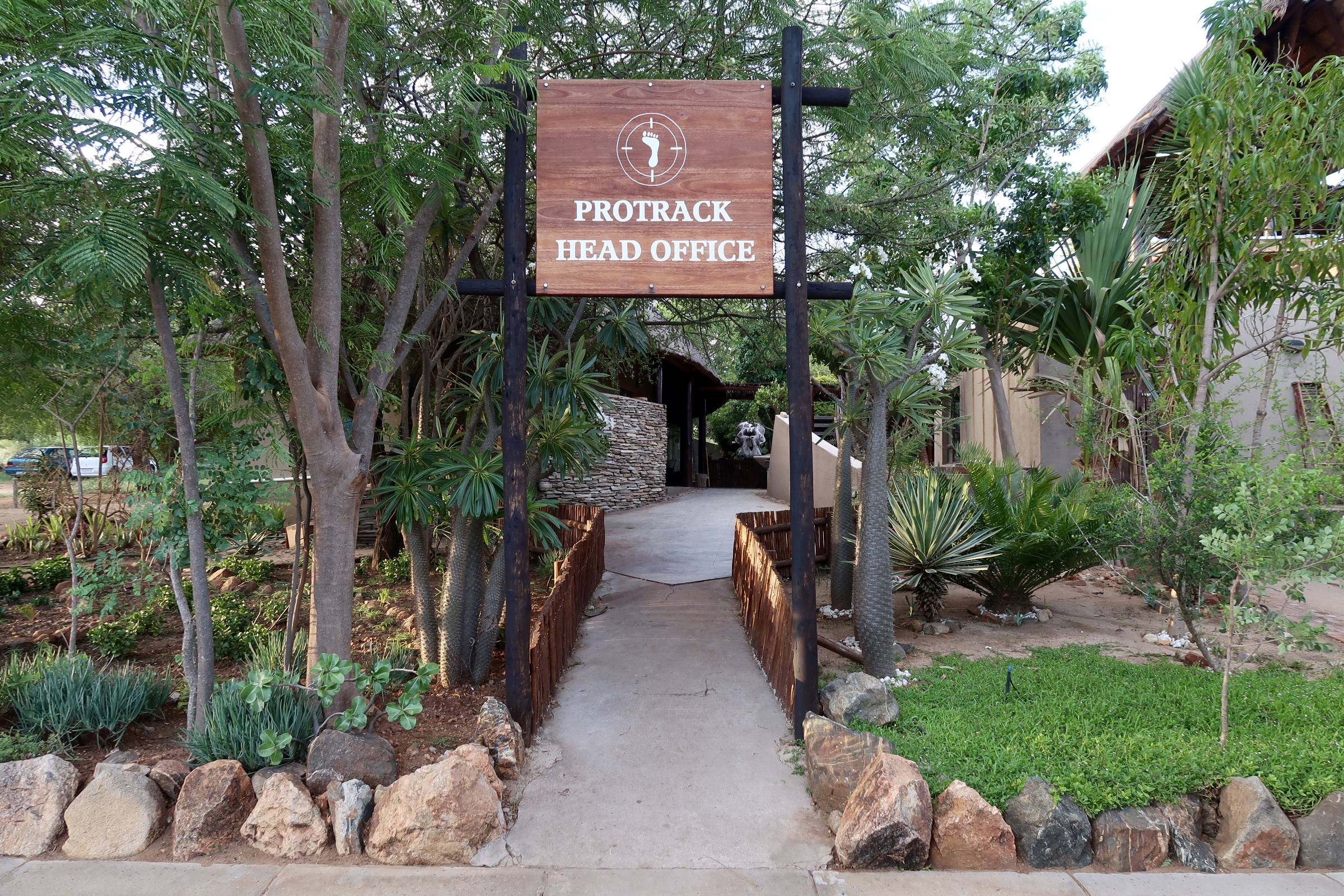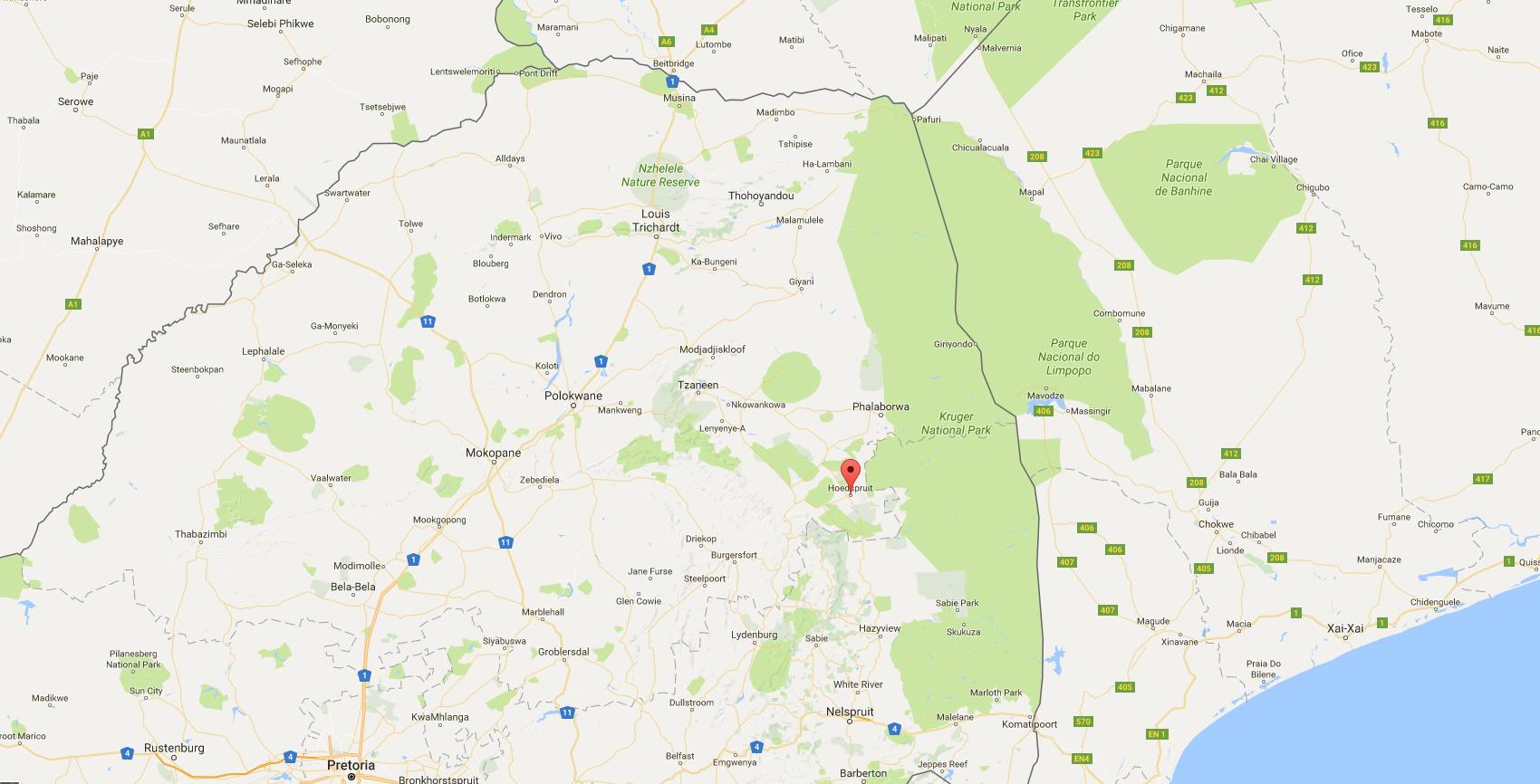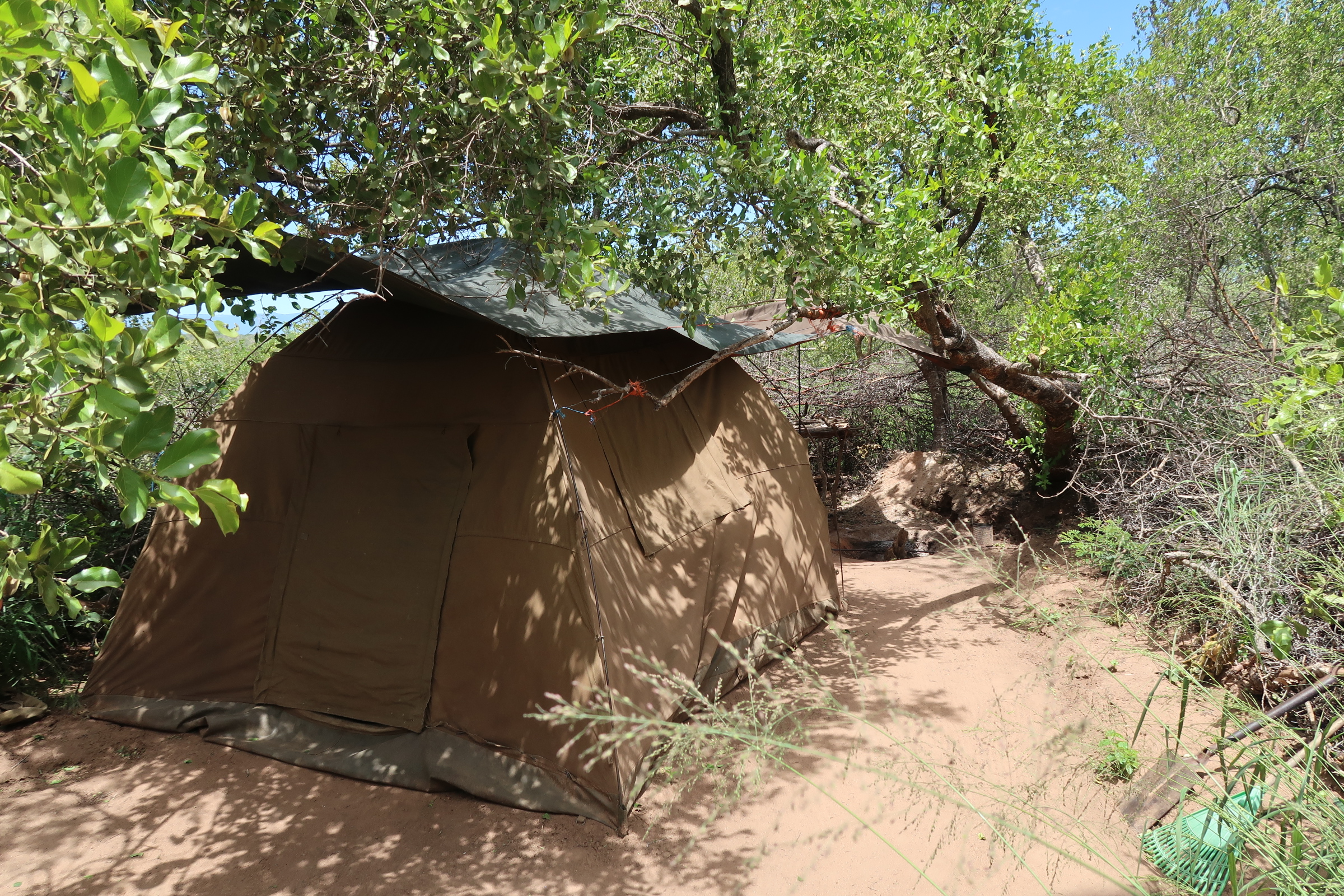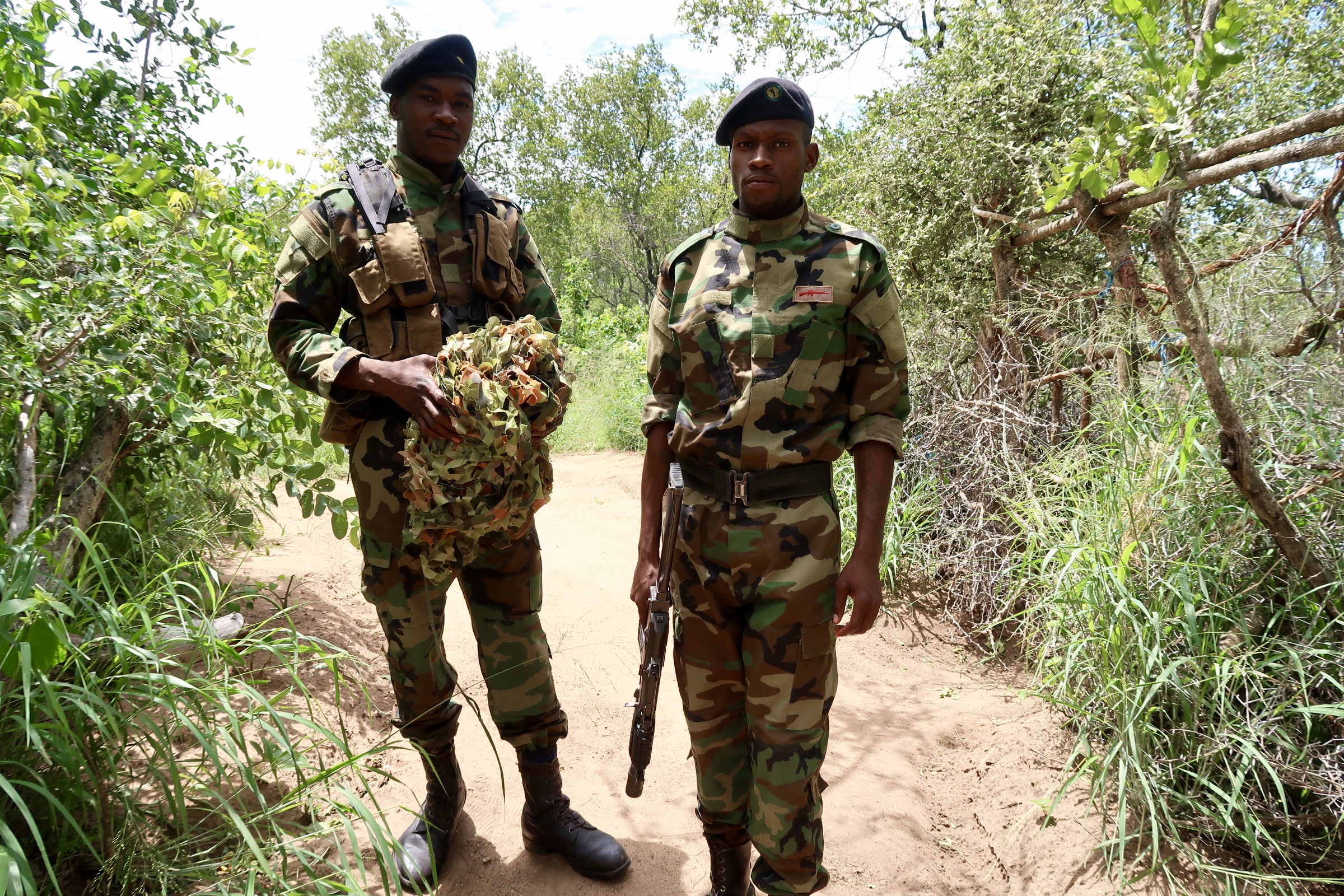Protrack Anti-Poaching Unit was established in 1992 and was the first private anti-poaching unit in South Africa starting with a dream, a passion and a shoes string budget. Times were tough, money was scarce but there was no shortage of young men with the same passion to stop the slaughter of our wildlife. The Anti-Poaching Unit is working non stop, 24/7, to stop illegal poaching and save our wildlife. They are true wildlife heroes!

What is Protrack and what is your mission?
– Our Mission is to get between the animal and the poacher, by using well developed anti-poaching methods. Protrack have 25 years’ of experience in anti-poaching. Our main focus at the moment are the rhinos as rhino poaching is extremely high right now and we want to lower the figures of lost rhinos. Not only on the reserves we work on but all the rhinos within our community. It is our intention to become a leading player in the protection of the rhinos. Since the rhinos are “the umbrella species” in our ecosystem we protect all wildlife by protecting them.
Where do you operate?
-We operate all over South Africa but mainly in the Houdspruit area outside of Kruger National Park. Kruger is now where the majority of the remaining rhinos in the world can be found, which is also why this is where the Anti-Poaching activities are most critical.

How big is your organisation?
– We consider ourselves to be a medium size unit with 150 Anti-Poachers, with about 60-80 guys on duty at a time.
Why and how did you you get started?
– Our founder Vincent started Protrack because he had a passion and a determination to prevent animals from being poached. Protrack was started in 1992 as a very small company with a minimal budget. The first few months Protrack worked for free protecting fruit farms and sweeping for snares. Vincent’s motivation to start and run Protrack is to save Africa’s wildlife.
What are your daily operations?
– We have 60-80 guys always on the ground, they carry out general anti poaching, patrols and reactions. Our guys usually work on 8 hour shifts at different times, if there are reactions they can be working for over 24 hours, they have vehicles for reactions but mainly they do patrols by foot. They have basic equipment such as firearms, some guys have binos and night visions but in total we do not have many and are in desperate need of better equipment such as night visions, FLIR visions.
Below is how the teams stay over the night when out patrolling, building a boma with thorny bushes around to keep animals away. To not get revealed by poachers they move around and never stay at the same place more than one night.

How are you funded?
– Protrack is a profitable company but our NPO (non profit organisation) is funded only through donations. The donations are used to provide a team to the community for anti-poaching, we are trying to expand our community teams.
What is a community team and what are they doing?
– Our community team Protrack Rhino Task Team protect the reserves from the outside, they patrol on the roads and work with investigations to make arrests. The team is very successful on their arrests.

What is the future for South Africas wildlife and iconic species?
– What a lot of people forget is, we don’t just want to save the rhinos, the critically endangered pangolin or any other iconic specie, we want them to live in a safe and natural environment in the wild too. At this point, with the amount of rhinos South Africa is losing and if nothing is changed, all the rhino will end up in rhino farms as we just don’t have enough teams or enough money to protect them… Over half of the population in South Africa are already in farms… it is positive that it keeps the rhino figure up but their environment is not natural and there is no future for the wild population. Also, if most of the population of the rhinos are in farms how are the owners making a profit? The legislation of trade in rhino horn looks like its not going to happen so why would they want to invest in saving the South African rhinos and get nothing back? There is a risk that the farms will also give up soon. The future of the rhino is unpredictable given the above, but reality is that without more teams and rangers on covering the ground, the end for this species is not far away.

With one rhino killed every 6-8 hours doing autopsy to find bullets and identifying DNA is necessary for following up on statistics and the possibility to prevent future poaching incidents.
Photo credit: Wildhood and Tom Svensson

